Breast Screening MRI
Breast Screening MRI
MRI is a type of imaging that does not use X-rays. It uses a magnetic field and an injection of contrast agent to create a picture of the breast tissue and to show the blood flow inside the breast.
Studies of women at high risk of breast cancer show that MRI can detect significantly more cancers than mammogram alone. Occasionally, however, breast cancers are seen on mammogram only. For this reason, we recommend MRI is used in conjunction with a mammogram.
- women who are at higher-than-average risk of developing breast cancer because of a very strong family history of breast cancer.
- women who have a known genetic abnormality in themselves or in a close family member, which has been shown to increase breast cancer risk.
Generally, at around 10 years younger than the youngest family member who has had breast cancer.
- Breast MRI is extremely sensitive, but it is not a perfect tool. Although it can pick up more cancers than mammography, it will also result in more false alarms, or false positives, (in other words, the MRI may find something that initially looks worrying, but turns out not to be cancer).
- If breast MRI were used as a screening tool for everyone, many women would end up having biopsies and other uncomfortable and expensive tests, as well as suffering the anxiety and distress that go along with a false positive result.
- Abnormalities that can be seen only on MRI (and not on the mammogram or breast ultrasound) may require biopsy using MRI guidance. This is difficult and expensive.
- MRI is a complex test which takes time to perform and interpret. It is only reimbursed by Medicare in special situations.
In Australia, women aged under 50 who have a high lifetime risk (>25%) for breast cancer based on their family history and genetics, are eligible for Medicare-funded breast screening MRI.Any doctor can order a breast MRI, however the Medicare rebate will only apply when it is ordered by a specialist.
As part of your assessment at Sydney breast Clinic, we will assess your breast cancer risk using your family history, personal history and mammographic breast density as a guide.If you are considered high-risk, breast screening MRI may be recommended in addition to your annual mammograms and ultrasounds.
If you have any other questions about Breast MRI, or want to find out where you can have a Breast MRI, please ask us for more information.








